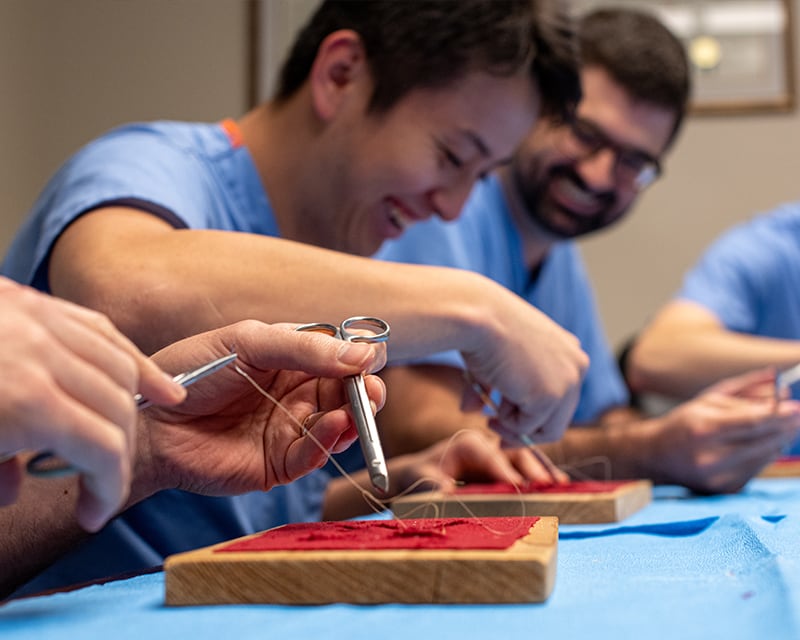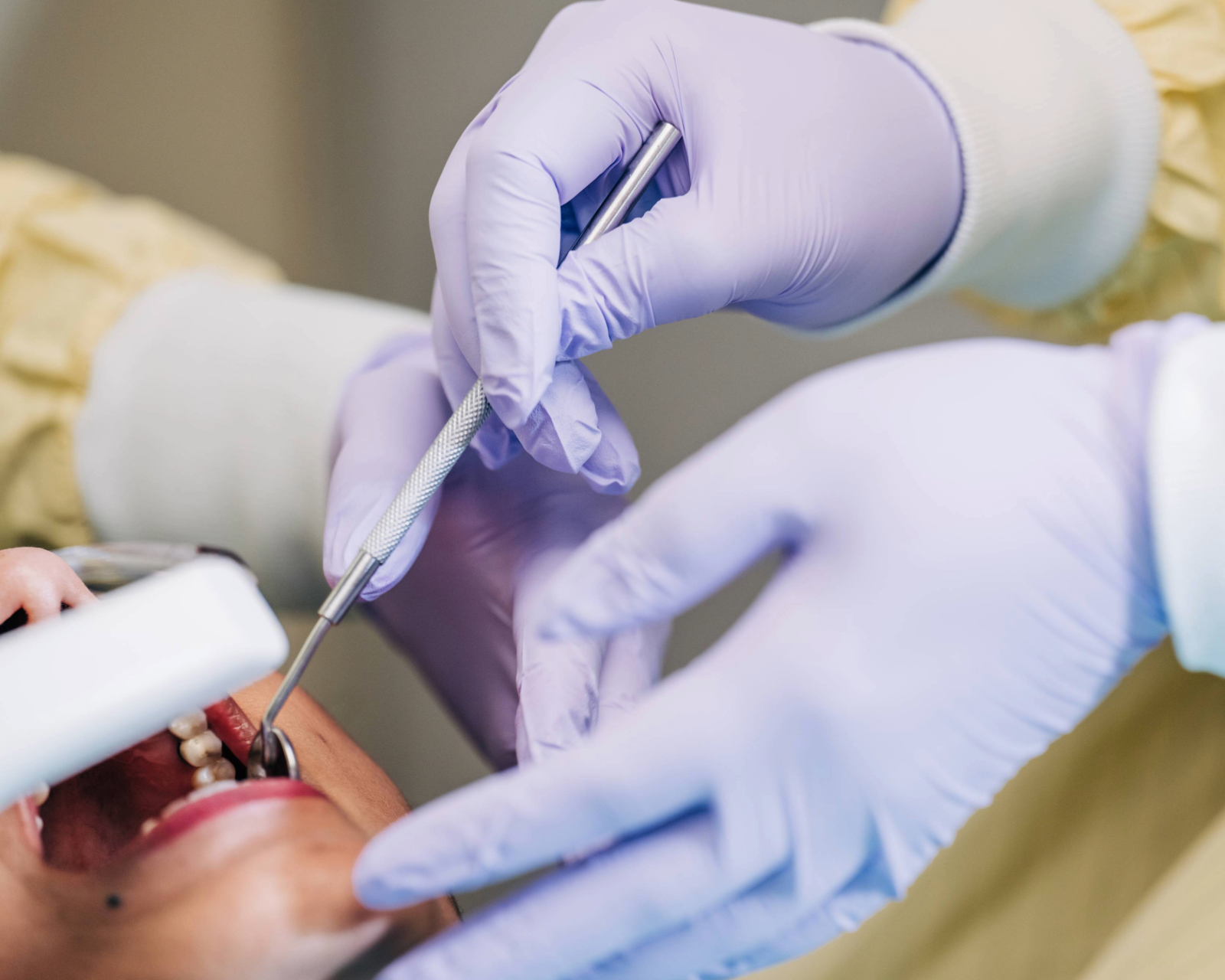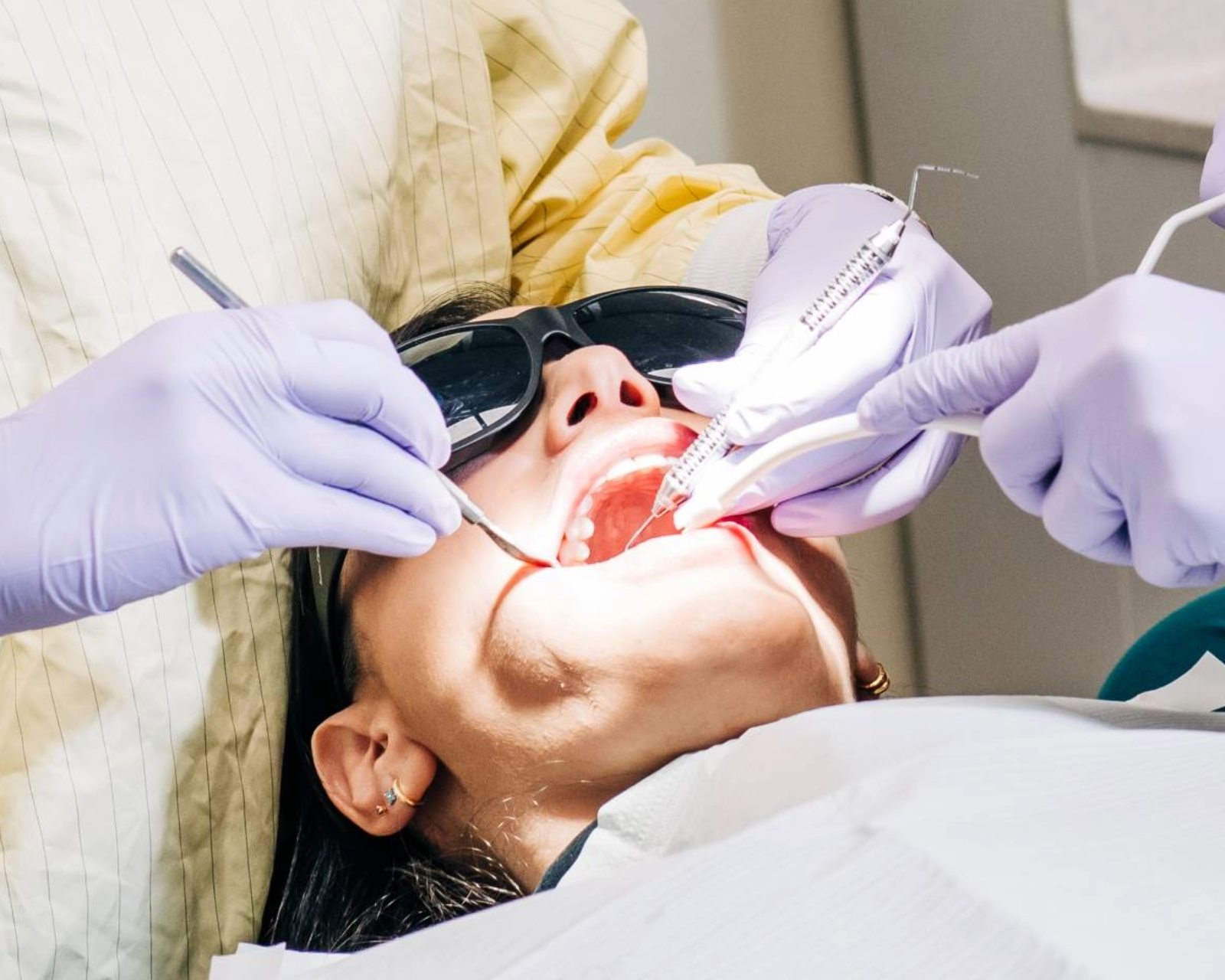The University of Alabama at Birmingham (UAB) is a world-renowned research university and medical center situated within the heart of Birmingham. UAB School of Dentistry educational programs, including the Oral & Maxillofacial Surgery Residency Program and the Head & Neck Oncology Fellowship Program, capitalize on our collaborations within the UAB and the School of Medicine.

Oral & Maxillofacial Surgery Residency Program
Our six-year residency program provides a balance in the amount of patient care, didactic education and research experience to produce the next leaders in the field. The program is designed to meet the certification and requirements of the American Board of Oral and Maxillofacial Surgery. Join us in our pursuit of excellence in healthcare.

Head and Neck Oncology Fellowship Program
UAB is proud to offer a comprehensive 24-month experience in major head and neck ablative and microvascular reconstructive surgery. This fellowship covers all aspects of patient care, from medical decision-making to treatment planning, intraoperative procedures, and perioperative management. The primary clinical focus is on the ablation and reconstruction of malignant tumors in the head and neck, with a special emphasis on the oral cavity, salivary glands, and maxillofacial complex. Join us in providing the best care possible for patients in need.

Orthognathic and Temporomandibular Joint Surgery Fellowship Program
UAB OMFS is pleased to offer a one-year fellowship in orthognathic and TMJ surgery. The fellowship provides an opportunity for additional surgical training in orthognathic surgery, including cleft orthognathic surgery and maxillomandibular advancement surgery as well as advanced training in TMJ arthroscopy and total joint reconstruction.